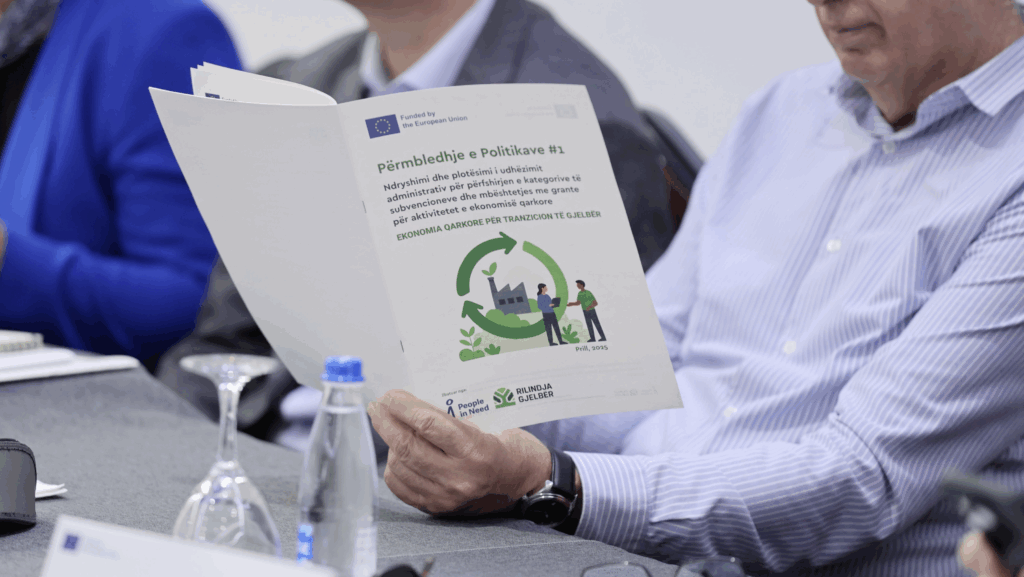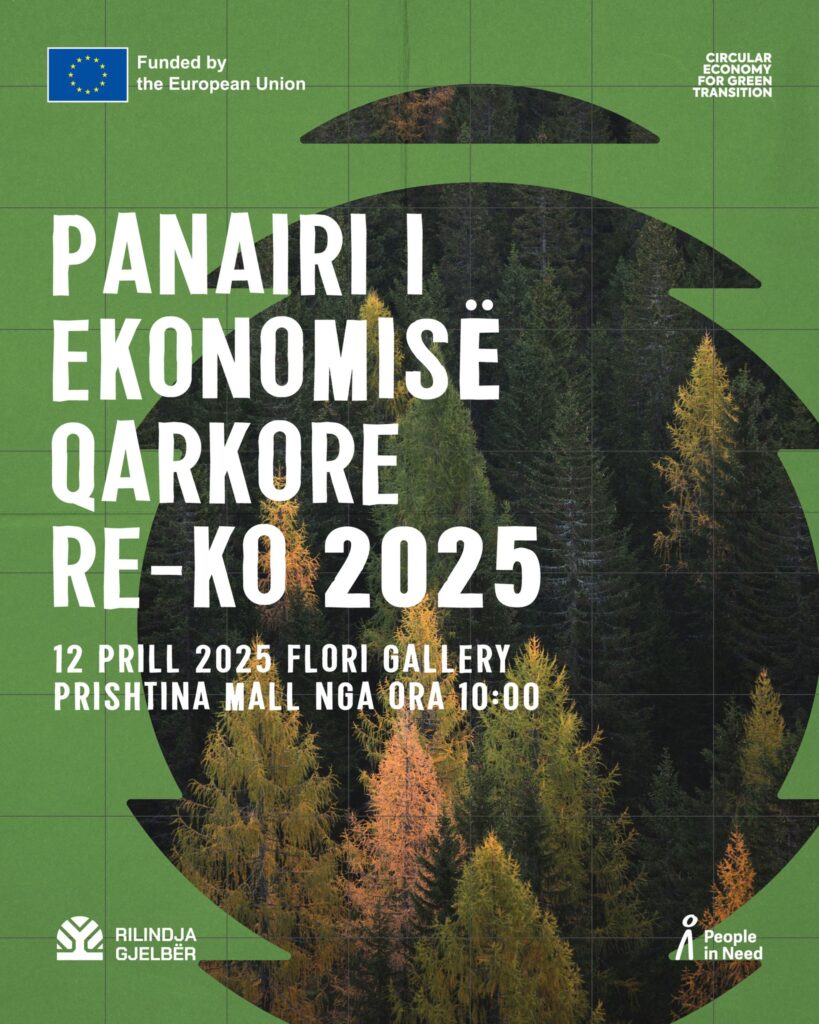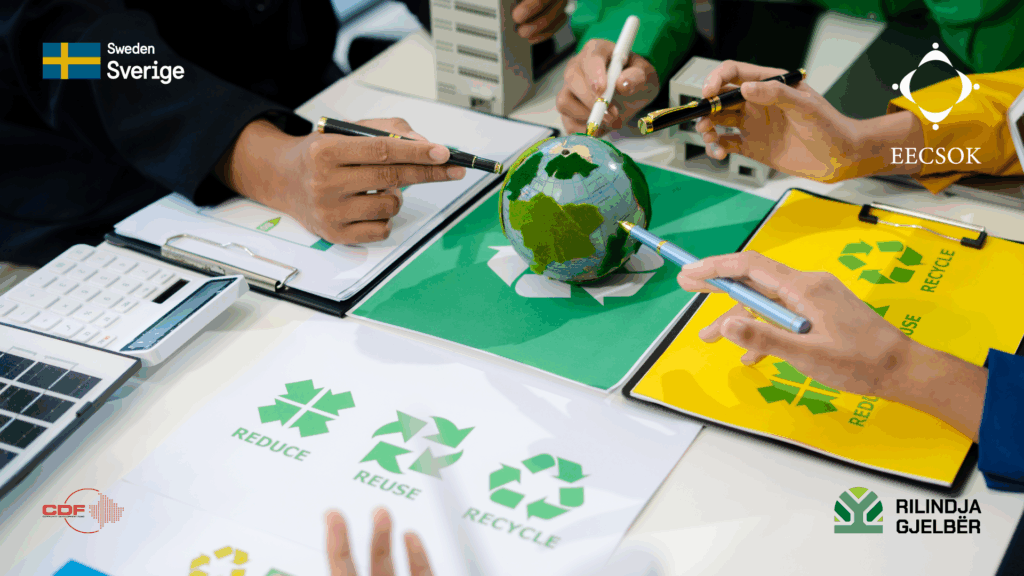Kosovo’s Law on Air Protection from Pollution – A Comprehensive Overview
Introduction
Air quality is a critical determinant of public health, environmental sustainability, and overall quality of life. Poor air quality has been linked to severe respiratory diseases, cardiovascular conditions, and decreased life expectancy, making it a significant global public health concern. In Kosovo, air pollution is a persistent issue, particularly in urban centers such as Pristina, Mitrovica, and Obiliq, where heavy reliance on fossil fuels, industrial emissions, and vehicle pollution contribute to dangerously high levels of atmospheric pollutants.
Recognizing the urgency of addressing air pollution, Kosovo has enacted the Law on Air Protection from Pollution (Law No. 08/L-025). This legislation establishes a legal framework to regulate air quality, enforce emission reductions, and hold polluters accountable. Aligned with European Union environmental directives, the law reflects Kosovo’s commitment to improving air quality standards and protecting public health.
This article provides an in-depth examination of Kosovo’s air pollution challenges, the key provisions of the Law on Air Protection from Pollution, and the necessary steps for ensuring effective implementation and compliance.
The Scope of Air Pollution in Kosovo
Kosovo faces significant air pollution challenges, primarily driven by:
-
Coal-Based Energy Production – The country’s primary power plants, Kosovo A and Kosovo B, rely on lignite coal, one of the most environmentally harmful fossil fuels. The combustion of lignite releases high concentrations of sulfur dioxide (SO₂), nitrogen oxides (NOx), and particulate matter (PM2.5 and PM10), significantly degrading air quality.
-
Industrial Activities – Manufacturing and processing plants emit substantial amounts of hazardous pollutants, including heavy metals, volatile organic compounds (VOCs), and toxic gases. Industrial pollution is especially problematic in areas with high concentrations of factories and mining operations.
-
Transportation Emissions – Kosovo’s aging vehicle fleet, dominated by outdated diesel-powered cars and trucks, is a major source of nitrogen oxides and fine particulate matter, exacerbating urban air pollution. The lack of strict emissions standards and ineffective vehicle inspection regulations further contribute to deteriorating air quality.
-
Household Heating Practices – Many households in Kosovo still rely on wood and coal-burning stoves, particularly during the winter months. These heating methods release high levels of airborne pollutants, contributing to both outdoor and indoor air pollution.
-
Unregulated Waste Burning – The open burning of waste, including plastics and hazardous materials, remains a widespread issue, releasing dioxins, furans, and other toxic substances into the atmosphere. This practice poses serious health risks to nearby populations and contaminates the environment.
Given these environmental challenges, the Law on Air Protection from Pollution is a crucial legislative measure aimed at mitigating pollution sources, enforcing air quality regulations, and protecting public health.
Objectives of the Law on Air Protection from Pollution
The primary objectives of Law No. 08/L-025 are as follows:
- Reducing air pollution levels to enhance public health and environmental sustainability.
- Establishing air quality standards in alignment with EU regulations and international best practices.
- Regulating industrial and energy sector emissions to limit the release of hazardous pollutants into the air.
- Monitoring and reporting air quality data, ensuring transparency and public access to real-time information.
- Mandating emission controls for businesses and industries, requiring them to adopt cleaner technologies and reduce their environmental impact.
- Encouraging investment in renewable energy, promoting alternatives to fossil fuel-based energy production.
- Strengthening regulatory enforcement, ensuring that environmental laws are effectively implemented and adhered to.
By addressing these key areas, the law serves as a foundation for long-term improvements in Kosovo’s air quality and establishes mechanisms for holding polluters accountable.
Key Provisions of the Law
To achieve its objectives, the Law on Air Protection from Pollution introduces several core provisions that regulate industrial operations, energy production, transportation emissions, and environmental monitoring.
Air Quality Monitoring and Reporting
The law mandates continuous air quality monitoring by government agencies, including the Ministry of Environment, Spatial Planning, and Infrastructure (MESPI) and local environmental authorities. These agencies are responsible for:
- Identifying high-pollution areas and sources of contamination.
- Conducting real-time air quality assessments and issuing public health advisories.
- Making air quality data publicly available through government platforms and environmental monitoring stations.
- Developing strategic policies to address pollution hotspots and mitigate environmental risks.
Emission Limits for Industries and Energy Production
The law imposes strict emission limits on industries, manufacturing facilities, and energy producers. Key requirements include:
- Upgrading industrial technology to meet modern environmental standards.
- Implementing air filtration and purification systems to reduce harmful emissions.
- Enhancing energy efficiency through cleaner production methods.
- Requiring power plants to transition away from lignite coal toward lower-emission energy sources.
Industries exceeding permissible emission thresholds are subject to regulatory action, penalties, and mandatory corrective measures.
Transportation and Vehicle Emission Regulations
To address pollution from the transport sector, the law introduces:
- Stricter vehicle inspections to ensure compliance with emissions standards.
- Phasing out high-emission diesel vehicles and encouraging the adoption of electric and hybrid alternatives.
- Expanding public transportation infrastructure, reducing reliance on individual car usage.
- Developing incentives for fuel-efficient vehicles and low-emission transportation.
These measures aim to significantly reduce nitrogen oxides and particulate matter emissions, particularly in urban centers.
Promoting Clean Energy and Sustainable Practices
Recognizing the need for a transition to sustainable energy sources, the law supports:
- Investments in solar, wind, and hydroelectric energy projects.
- Incentive programs for businesses and households adopting renewable energy technologies.
- A gradual transition plan for power plants to shift away from lignite-based energy production.
By investing in clean energy, Kosovo can reduce its carbon footprint, improve air quality, and align with EU climate policies.
Penalties for Non-Compliance
Entities found in violation of air quality regulations face significant legal consequences, including:
- Fines and sanctions for exceeding permissible pollution limits.
- Temporary or permanent operational restrictions for repeated offenses.
- Legal action against industries and individuals whose actions endanger public health.
These enforcement mechanisms ensure accountability and compliance, discouraging environmentally harmful practices.
Public Participation and Individual Responsibility
While government regulations play a crucial role in improving air quality, public participation is equally important. Individuals can contribute by:
- Using public transportation, carpooling, or walking to reduce vehicle emissions.
- Transitioning to cleaner heating sources, such as energy-efficient stoves or heat pumps.
- Avoiding waste burning, which releases toxic air pollutants.
- Supporting renewable energy initiatives, including solar panels and wind farms.
- Advocating for green urban spaces, as trees and vegetation help filter pollutants.
- Raising awareness about air pollution issues, encouraging communities to adopt sustainable practices.
A collective effort from government agencies, businesses, and citizens is essential to achieving meaningful reductions in pollution levels.
The Future of Air Quality in Kosovo
Although progress has been made in air quality regulations, significant challenges remain. Continued reliance on coal-based energy, outdated vehicles, and poor waste management continue to undermine environmental improvements.
For Kosovo to achieve sustainable air quality goals, it is imperative to:
- Strengthen law enforcement and regulatory oversight.
- Increase public awareness and environmental education programs.
- Expand investment in clean energy and emissions reduction technologies.
- Foster cross-sector collaboration between government, industry, and civil society.
By maintaining a firm commitment to environmental sustainability, Kosovo can significantly improve air quality, protect public health, and align with international environmental standards.
For further details, the full text of Law No. 08/L-025 on Air Protection from Pollution is available in the Official Gazette of the Republic of Kosovo.






